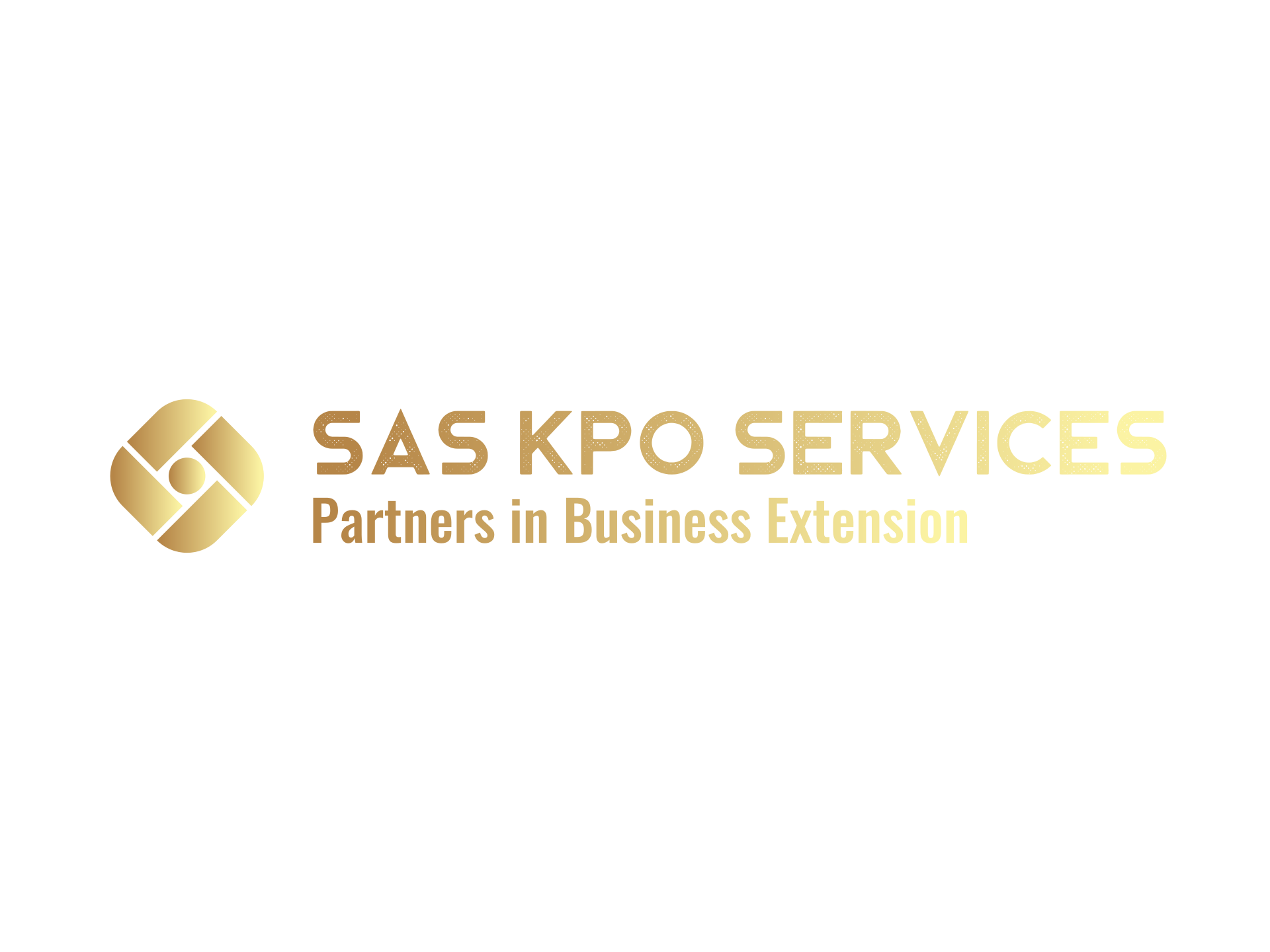
If you’re an employer in the UK and you give your staff extra benefits, like a company car, health insurance, or a travel loan, you’ll need to report these to HMRC using a P11D form. But when do you have to submit a P11D form? It’s due every year, and the process of gathering all the right details can take time. You need to collect clear records of everything you’ve provided for each employee or director.
That’s why starting early is smart, it helps avoid mistakes and penalties. At SAS KPO Services, we help businesses stay on track with accurate and timely P11D reporting, so you can focus on running your business stress-free.
Why a P11D Matters for Every Boss?
Giving staff extra benefits like a company car, free health cover, or an interest-free loan sounds great, but HMRC still wants its share. That’s where the P11D steps in.
Once a year, every UK employer must send HMRC a P11D for any employee whose taxable benefits were not put through payroll. The form lists each benefit and its cash value so the tax office can work out any extra tax the employee needs to pay.
In short:
- Who fills it in? The employer, for each worker who got untaxed benefits.
- What goes on it? A clear list of all “benefits in kind” and what they’re worth.
- Why bother? So HMRC can charge the right tax, and you avoid fines for missing info.
Keep those records tidy and file on time to stay penalty-free.
Easy Ways to Send Your P11D to HMRC
When do you have to submit a P11D form? Once a year before the deadline you need to let HMRC know about any taxable benefits you’ve given to your employees. But how do you actually send this form?
Here are the simple options:
- If your business has up to 500 employees, you can use the PAYE Online for Employers service.
- If you use payroll software (approved by HMRC), you can send your P11D forms through that system too.
- Can’t file online? In special cases, you can still print the form and send it by post.
HMRC prefers online submissions because they’re quicker and safer. So, it’s best to plan ahead and pick the method that works for your business.
Don’t Miss the P11D Deadline: Here’s What You Need to Know
When do you need to file a P11D form? The deadline is always July 6th, immediately after the tax year’s closing on April 5th.
So, for the tax year from 6th April 2024 to 5th April 2025, you must send your P11D form to HMRC by 6th July 2025. You also need to give each employee a copy of their P11D form by the same date.
Missing the deadline can lead to penalties, so it’s better to prepare early and file on time.
What Happens If You File Your P11D Late or With Mistakes?
It’s important to file your P11D on time and with the right information. There may be penalties if you don’t.
Here’s what might happen if your P11D is late or wrong:
Late Filing Penalty:
If you miss the deadline, HMRC can charge you £100 for every month your form is late, up to 12 months.
Wrong Information Penalty:
If your form is mistaken, you might get fined. The size of the fine depends on how bad the error is and if it was done by accident or on purpose.
Extra Tax Bills:
If you don’t report benefits properly, your employees might need to pay more tax. HMRC can also ask you to pay extra if they find mistakes.
Interest Charges:
If extra tax is due because of errors, you might also have to pay interest in the unpaid amount.
HMRC Checks:
Filing late or wrong forms often can lead HMRC to check your business more closely.
Filing your P11D on time and carefully helps you avoid these problems. If you want help, SAS can guide you through the process smoothly.
What Benefits and Expenses Should You Report on a P11D?
If you’re wondering, when do you have to submit a P11D form, it’s important to know what to include. The P11D form is for reporting benefits and expenses you give to your employees that are taxable. The following are the primary ones to remember:
Company Cars:
You must tell HMRC about any company cars you provide. You need to know the car’s list price because this helps calculate the tax on this benefit.
Health Insurance:
If you pay for your employee’s health insurance, including their family members, add up the total cost and report it as a benefit.
Loans:
If you give loans to employees with low or no interest, you have to report the difference between what you charged and the official interest rate. This difference is taxable.
Living Agreement:
If you cover the cost of a home or rent for an employee, you need to calculate the benefit. Add together what you pay for contract, repairs, and insurance, then subtract any rent the employee pays.
Childcare:
If you provide childcare payments or vouchers, report how much you gave over the year. You should subtract any tax-free part to find out how much is taxable.
Travel and Meals:
Include any money you paid back to employees for business trips. This covers mileage, hotels, and meal expenses during work trips.
Though rules may change in 2026, right now you still have to file the P11D form each year. Reporting these benefits correctly helps avoid problems with HMRC and fines.
Keep Your P11D Filing Easy and Stress-Free
Filing your P11D form on time and with the right details is important. It helps you avoid fines, extra tax bills, and unwanted checks from HMRC. If you take care of it early and carefully, you can save yourself a lot of trouble.
If you need help with filing your P11D forms or want to make sure everything is done correctly, SAS KPO Services is here to support you.
Contact us today to get expert help and make your P11D filing simple and worry-free!
Shivani Soni (Digital Marketing Specialist) writes this blog

